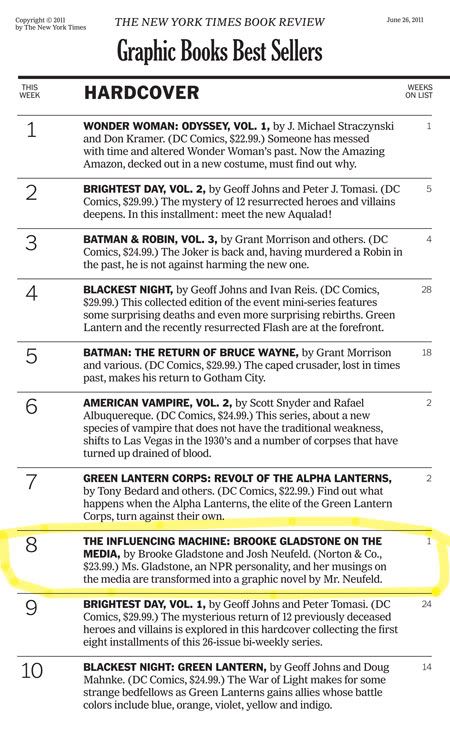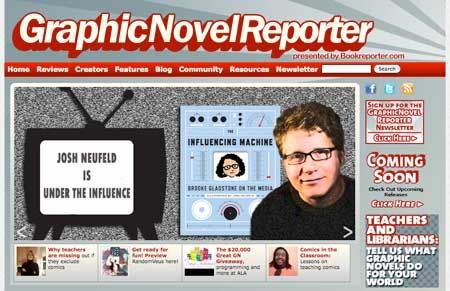I’ve been listening to the Brian Lehrer Show on WNYC radio on a regular basis since I moved back to New York City in 2000. During that time — from the election fiasco of 2000, to 9/11, the war in Iraq, the 2004 elections, the ’08 elections, the "Ground Zero Mosque," "Wikileaks," and right on through the killing of Osama bin Laden — I’ve relied on Brian’s show for a fair, sober examination of the issues.
He’s always on top of the news and never strident in his opinions. He has a warm, easygoing manner, and is adept at asking his guests tough questions without resorting to cheap "gotcha" journalism. At first, his approach challenged my old way of looking at the world. I had been taught to demonize the "enemy" (whoever that might be), and although I haven’t moderated my own left-of-center politics, I’ve come to see that sometimes different political positions come from different philosophies, not necessarily evil intentions. (Though there are evil folks out there!)
To that end, I especially appreciate Brian’s ability to talk to pundits of all political stripes — and his ability to find areas of agreement between the poilitical right and left. (I know it’s all very "pie in the sky" of me, but I’ve come to believe in the "common ground" approach to real, everyday politics.) Some might find Brian’s show too middle-of-the-road, but, as Brooke Gladstone points out so eloquently in our book The Influencing Machine, there are a myriad of other options out there, from WBAI to Fox News, and everything in between.
I don’t want to go on too long here, but it’s not exaggerating to say that, through Brian’s show, I’ve come to a deeper, more sophisticated understanding of local, national, and international events — and hopefully become a better citizen of the world.
So it was all the more exciting for me to be a guest on the Brian Lehrer Show earlier this week. As part of WNYC’s pledge week, the show did a multiple-segment examination of The Influencing Machine — and on Tuesday I got to join in the conversation. It was truly thrilling to sit in the studio with Brian and Brooke and discuss the book and nonfiction comics. Brian was obviously prepped about my work, because he set me up with a couple of questions which broadened the discussion to include my previous book, A.D.: New Orleans After the Deluge. I know A.D. appreciated the plug!
They’ve archived the segment on their show page; you can listen to it here: http://www.wnyc.org/shows/bl/2011/may/24/reporting-stories-and-influencing-people-5-media/


